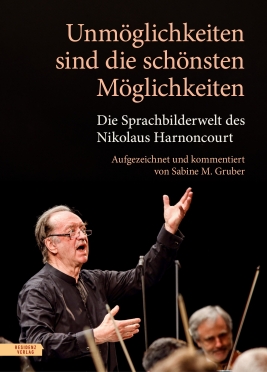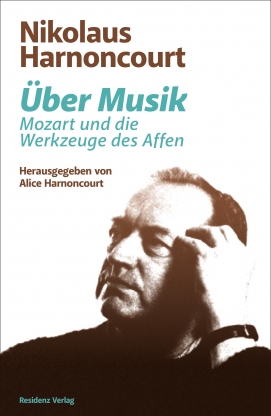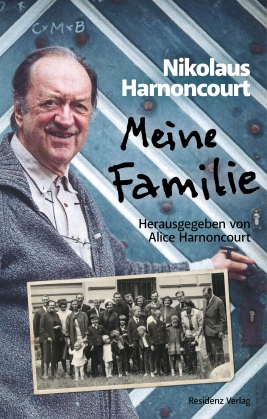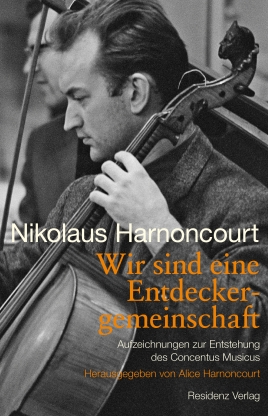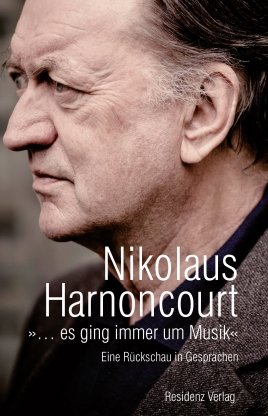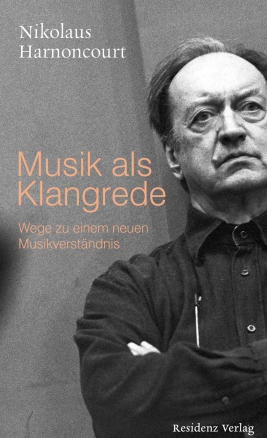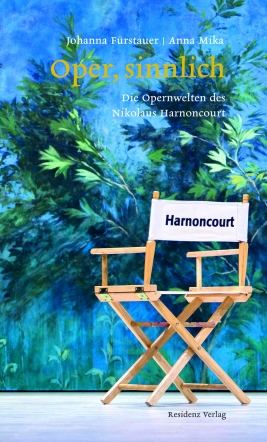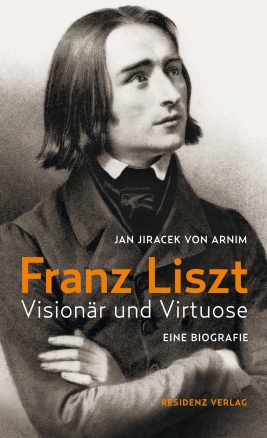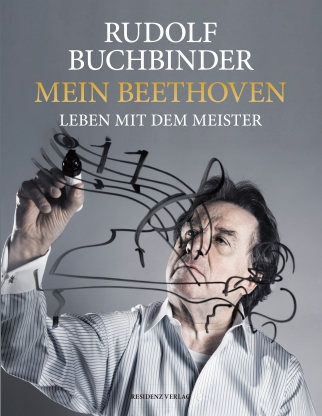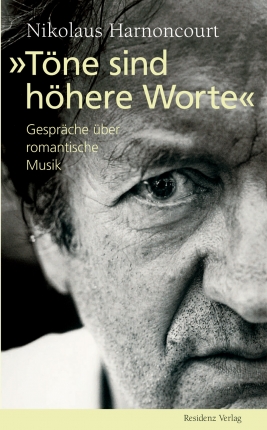
Nikolaus Harnoncourt - Notes are Superior Words
Talks about romantic music
Live and read music! Our musical heritage needs more than maintenance, it demands a dialogue with our past, our future and ourselves. A passionate manifesto.
Beethoven and Schubert, Verdi and Johann Strauß, Schumann and Dvořak, Brahms and Bruckner – these are only some of the protagonists of this book in which Nicolaus Harnoncourt deals with the most important works of "the century of romanticism“. The conductor also describes his life-long search for the key to imparting music of this era to the audiences of today, a task that is often being hindered by traditions or changing fashions in performing. In his unrivalled style, with passion and a strong conviction, Nicolaus Harnoncourt outlines how we must never refrain from reading our musical heritage from scratch. Moreover, he shares gloomy memories of his youth under the Nazi regime and fascinating insights into the musical life of the Vienna of his era. All of his statements, be they on music, their cultural significance or his own identity as an interpreter of music, reflect his approach to life itself: that music is not to be regarded as a mere heritage of the past, but also, and particularly, as a living reminder of our right to a humane future.
Book details
Ed. by Johanna Fürstauer424 pages
format:125 x 205
ISBN: 9783701730551
Release date: 20.09.2007
License rights
- France
- Spain






